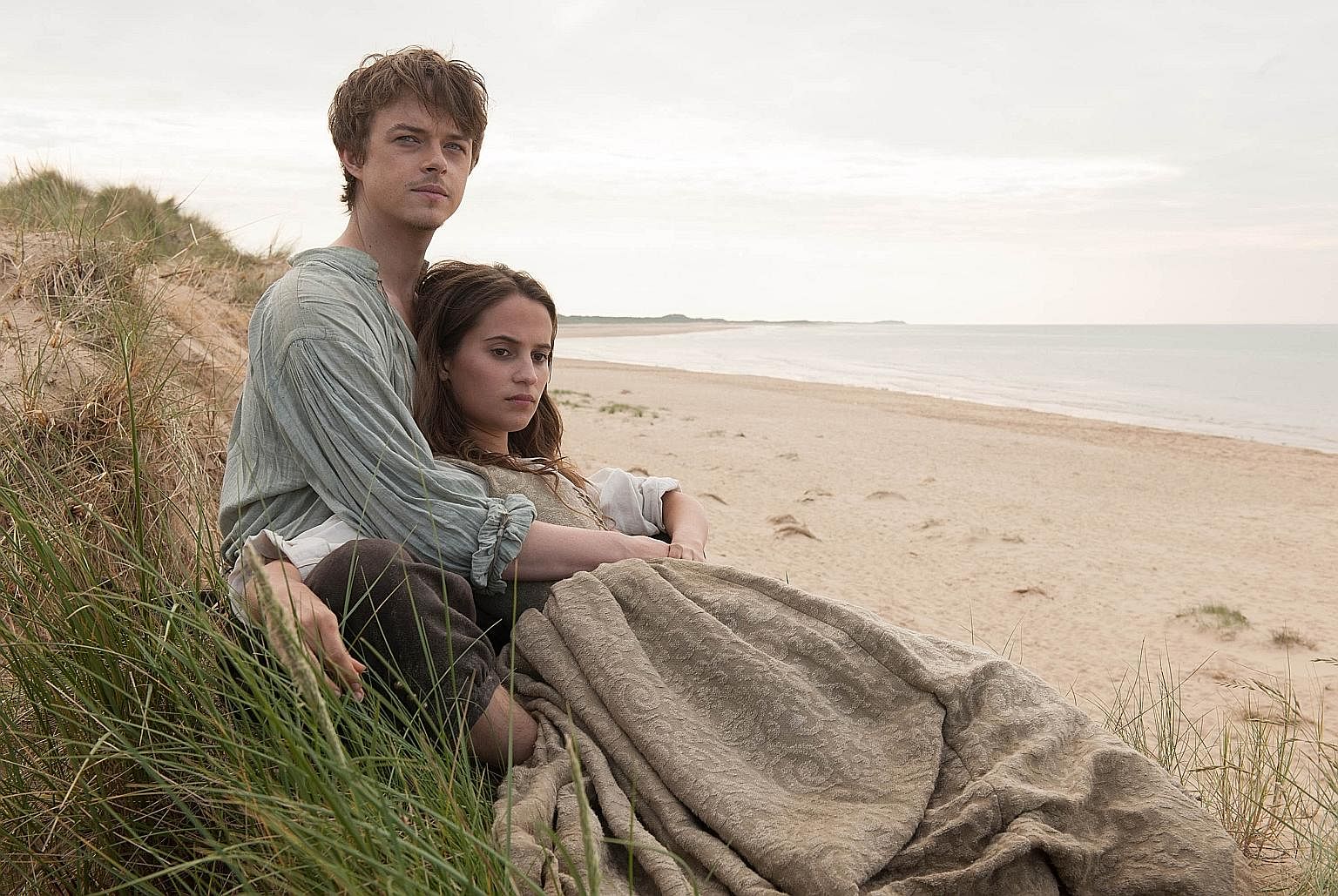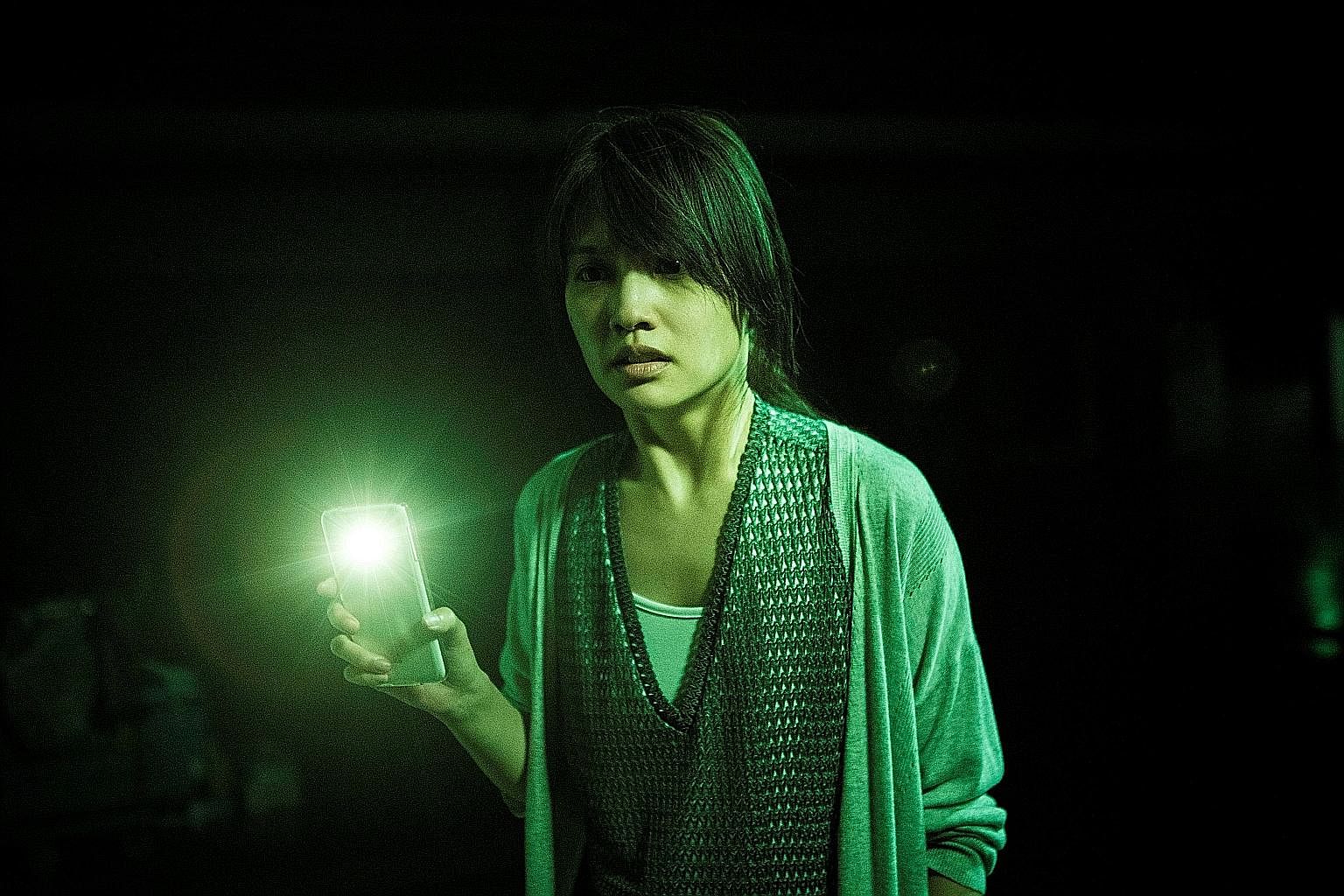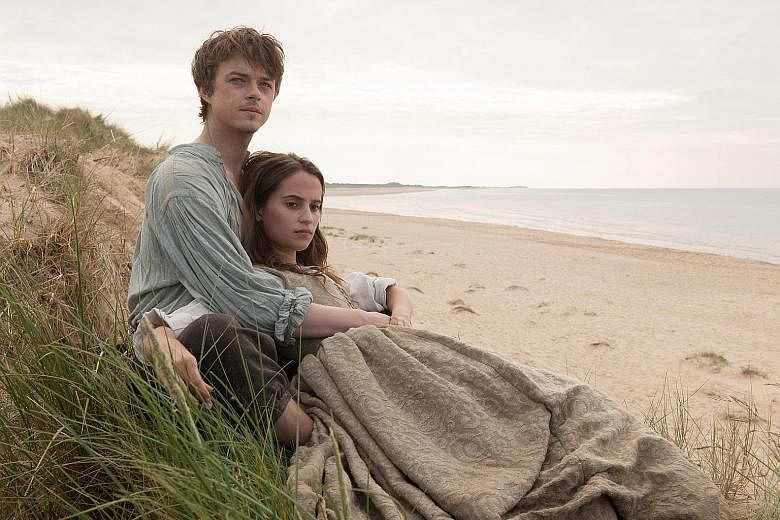You might never look at plants the same way again. This week, botanicals rule. One tree, grown in Central and South America, gave rise to murderous cartels and funded secret wars in Asia. A flower fuelled a mania that nearly took down the Netherlands.
American Made (M18, 115 minutes, opens tomorrow, 3.5/5 stars) is based on the story of weapons and drug smuggler Barry Seal, but in this blackly comic drama, his life is largely related to the cocaine-fuelled frat party that was American foreign policy in the 1980s.
If the 1970s was about Watergate and dirty tricks, the 1980s was the period when Washington was roiled by scandals wrought by the Iran-Contra scheme, the Sandinista plot and a pockmarked warlord named General Noriega.
The real-life Seal, with his tiny air-cargo business operating from a nondescript town in Arkansas, was at the sharp end of schemes cooked up by the major acronyms: the DEA, CIA and FBI, a web that extended to a White House cabal that drew in then President Ronald Reagan.
Director Doug Liman's touch is dry, but precise. The helmer of action vehicles Edge Of Tomorrow (2014) and The Bourne Identity (2002) knows kinetic cinema, but here he shows something of the moral outrage of a Paul Greengrass title (Green Zone, 2010; Captain Phillips, 2013).
Liman's eye for the absurd takes in what happens when government policy dictates that the hand to clasp in friendship is the one that is anti-communist, even if those hands are caked in cocaine, marijuana or blood - and usually all three.
Tom Cruise's Seal is not a picture of wild, powder-snorting excess, or a calculating kingpin of crime. He is a family man with a weakness for taking shortcuts, dealing with problems far above his pay grade.
It's a part tailor-made for the action star. At times, he is that high-fiving, grinning Cruise in aviator shades; at other times, he is that jittery Cruise with hands outstretched, pleading for his life, eyes searching for the exit.

The flower at the centre of the period drama Tulip Fever (M18, 105 minutes, opens tomorrow, 2.5/5 stars) rivals American Made's coca leaf in its power to intoxicate and blow up the best-laid plans.
In 1600s Netherlands, as a brief opening narration explains, people of every social class were gripped by tulip mania, a speculative bubble that saw the prices of certain bulbs climb to new highs daily on the strength of gossip and blind faith.
Into this heady milieu is thrust wealthy merchant Cornelis Sandvoort (Christoph Waltz). Penniless but beautiful orphan Sophia (Alicia Vikander) enters into a marriage of convenience with the much older man. When Cornelis commissions a portrait from starving artist Jan Van Loos (Dane DeHaan), the stage is set for betrayal.
Legendary playwright Tom Stoppard adapts Deborah Moggach's 1999 novel of the same name, while Justin Chadwick (Mandela: Long Walk To Freedom, 2013; The Other Boleyn Girl, 2008) directs. It is an illustrious pairing, but one that has resulted in a stiff, disjointed movie.
Art and sex, they try to say, are intertwined; the heart, hands and the loins often work in concert. That may be true, but the visuals and dialogue fail to make that statement in a fresh or interesting way. The tulip mania setting, meanwhile, is just that - a setting, a living prop.
Worse, comedian Zach Galifianakis as Jan's drunk buddy Gerrit is a bizarre casting choice; his brand of detached hipster goofiness rips the viewer out of the story.

The plants in The Tag-Along 2 (NC16, 107 minutes, opens tomorrow, 2/5 stars) are the foggy forests that blanket Taiwan's hills. They are the abode of vengeful spirits of the kind that tormented the characters of the first movie (2015), a domestic box-office hit.
A creepier setting would be hard to find. That tone of foreboding, so effectively created by returning director Cheng Wei-hao, lasts for just a few minutes, before it is swallowed up by hysteria, jump scares and student-grade, computer-drawn monsters.
Rainie Yang is social worker Shu Fen, whose daughter Ya Ting (Ruby Chan), with whom she has been fighting, disappears. As in the first movie, a girl in a red dress - the tag-along of the film's title - is implicated.
What follows explains the ghoul-child's origins. It also explores, with plenty of pungent Hokkien thrown in, Taiwan's Taoist beliefs and its view of a ghost- troubled world.
That is a promising angle, but one edged out by the need to surpass the box-office take of the original and quite soon, the forest - previously ancient and mysterious - looks more like a science-fiction war zone.


